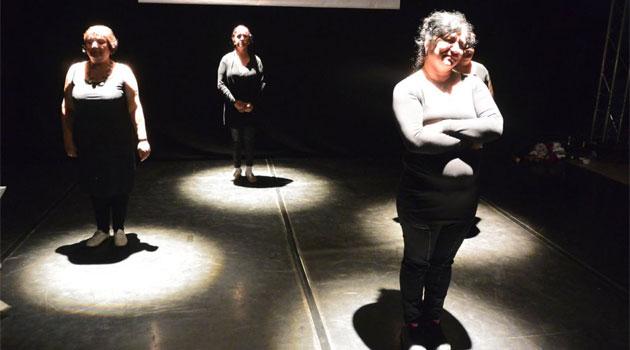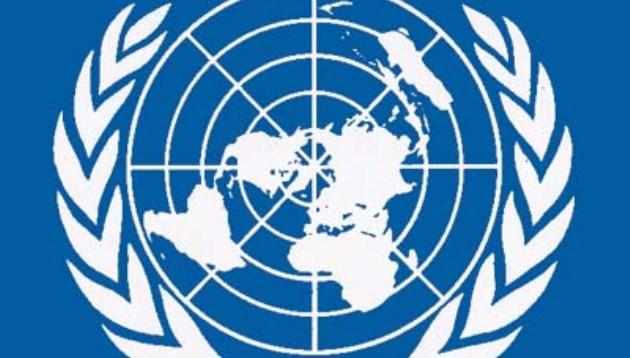Council of Europe calls for progress on women's sexual and reproductive rights, including redress of forced sterilization by Czech Republic

“Women’s sexual and reproductive health and rights are human rights. Regrettably, however, women in Europe still have these rights denied or restricted as a result of laws, policies and practices that ultimately reflect continuing gender stereotypes and inequalities,” Council of Europe Commissioner for Human Rights Nils Muižnieks said today while releasing a new report on this topic, “Women’s sexual and reproductive health rights in Europe“.
The Czech Republic and Slovakia are specifically mentioned in the report as European countries where Romani women have been coercively and forcibly sterilized. The report calls on states to “prevent, redress and sanction all coercive sexual and reproductive health care practices, such as the forcible restraint of women in labour or during gynecological examinations, forced sterilization, forced contraception, forced abortion, non-consensual interventions during childbirth and the suturing of related injuries without adequate pain relief.”
With respect to Romani women’s efforts to access justice, the report notes that while a small number of individual women have obtained compensation “following arduous litigation over many years, most Roma women who were forcibly sterilised have been unable to obtain redress.” States are obligated to eliminate coercive sexual and reproductive health care practices resulting in physical and psychological suffering, such as forced and coercive sterilisation, forced abortion, and a wide range of coercive interventions often carried out in the course of childbirth without women’s informed consent.
Redress for women who have been forcibly sterilized is also a recommendation made to the Czech Republic by the United Nations’ recent Universal Periodic Review process. The Czech Republic has been called up on to “revise its position” on providing compensation to women who have been forcibly sterilized and to “properly recognize and provide just restitution for their suffering.”
The international community’s human rights oversight mechanisms have found that a wide variety of constraints on women’s sexual and reproductive health and autonomy are violating women’s rights to privacy in Europe. These include forced and coercive sterilisation; severe legal restrictions and failures to enable women’s access to legal reproductive health care services; barriers in access to prenatal testing; failures to safeguard women’s confidentiality, personal and physical integrity, and autonomy in the course of childbirth; deficits in legal certainty regarding women’s ability to give birth at home; and judicial reliance on harmful stereotypes regarding women’s sexuality.
The Czech state has been repeatedly urged by both domestic and international human rights authorities to establish an effective mechanism of comprehensive reparation and compensation for victims of forced or non-consensual sterilization. This would involve extending the three-year time limit for bringing compensation claims in cases of coercive or non-consensual sterilizations.
In 2015 the country seemed about to make progress in establishing a complaints and prevention mechanism for the forced sterilization of women, including reparation measures for such victims, but the Government failed to propose the necessary legislation. The UPR process has urged the Czech Republic to give these women access to justice and adequate compensation independently of the date of their sterilization, their ethnic origin, their nationality or their age.
“States must acknowledge and address these violations and resolutely commit to advancing gender equality in this crucial sphere of life”, the Commissioner said. The document reviews states’ obligations under European and international human rights standards in the field of women’s sexual and reproductive health and rights.
European states must address particular shortcomings when it comes to fully protecting the rights of women to life, health, privacy and non-discrimination, as well as the right to be free from torture and ill-treatment, with a particular focus on comprehensive sexuality education, modern contraception, safe and legal reproductive health care, and quality maternal health care. The Commissioner sets forth 40 recommendations aimed at helping European states address the pressing needs to:
· renew political commitment to women’s rights and guard against retrogressive measures that undermine women’s sexual and reproductive health and rights;
· establish health systems that uphold and advance women’s sexual and reproductive health and rights;
· ensure the provision of comprehensive sexuality education;
· guarantee the affordability, availability and accessibility of modern contraception;
· ensure all women’s access to safe and legal abortion care, and ensure that refusals of care by health care workers on grounds of conscience or religion do not endanger women’s timely access to sexual and reproductive health care;
· respect and protect women’s human rights in childbirth and guarantee all women’s access to quality maternal health
· eliminate coercive practices and safeguard women’s informed consent and decision-making in sexual and reproductive health care contexts;
· ensure all women’s access to effective remedies for violations of their sexual and reproductive rights;
· eliminate discrimination in laws, policies and practices and guarantee equality for all women in the enjoyment of sexual and reproductive health and rights.
“Sexual and reproductive rights protect some of the most significant and intimate aspects of our lives. Ensuring these rights for women is a vital component of efforts to achieve women’s rights and gender equality,” Commissioner Muižnieks said.
“Given the resurgent trends seeking to roll back protections in this field, we must ensure that we remain committed to these rights, which were established only after a long struggle. States have the duty to provide all women with accessible, affordable, good quality sexual and reproductive health care and services”, he said.
